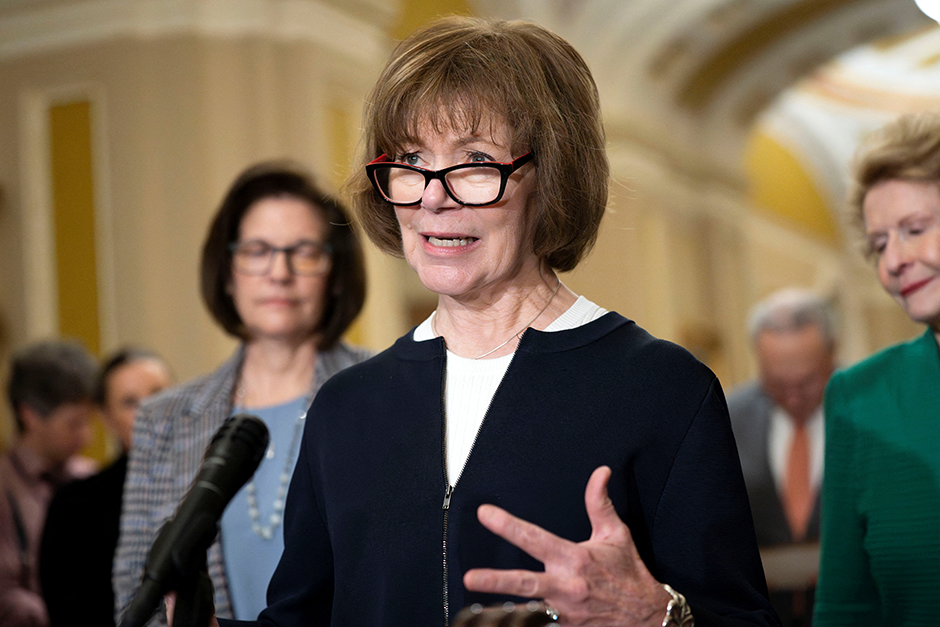David Super, Georgetown University Law Center:
There was a lot of money appropriated for war with France that didn’t end up needing to be spent. And so President Jefferson didn’t spend it, with the consent and understanding of Congress. Through much of this country’s history, this was worked out in more informal ways.
Laura Barron – Lopez: That all changed with President Nixon. In the early 1970s, amid the Watergate scandal, he decided not to spend billions of dollars for all sorts of programs he didn’t like, what’s known as impoundment.
Richard Nixon, Former President of the United States: I will not spend money if the Congress overspends. The constitutional right for the president of the United States to impound funds, that right is absolutely clear.
Laura Barron – Lopez: But the courts disagreed. In lawsuit after lawsuit, judges found Nixon overstepped his authority. In one case, Nixon cut money appropriated to cities for sewage treatment. The case made its way to the Supreme Court, which ruled unanimously that Nixon couldn’t withhold the funding.
Largely in response to Nixon’s actions, Congress, controlled by Democrats at the time, passed a law that laid out a process by which a president could withhold funds, the Impoundment Control Act of 1974.

















































